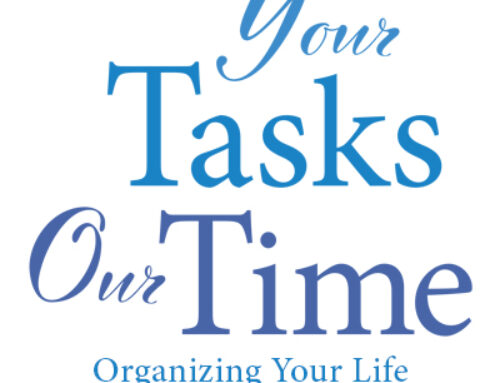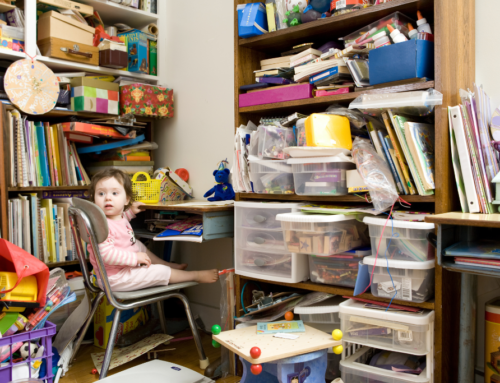Spring is the time of year when we naturally want to create new beginnings. Often that means we have to shed the old to make room for the new. Shedding can be cathartic; it is the act of physically purging our space which can often also clear our minds and enhances our moods.
Shedding the old is easy if we are not attached to our items, but often we are attached to family heirlooms and to those items we have lovingly purchased! After all, we paid for them and consequently consider them to be good stuff! These are the items that hinder our efforts as we attempt to un-clutter our lives. The more we accumulate, the more difficult it is to be clutter free.
The costs of clutter are both tangible and intangible. The tangible costs include financial loss from over spending, late fees on bills, diminished work productivity because we have to spend time locating missing papers and also creating stress that can lead to depression and illness. The intangible costs of clutter may include social embarrassment resulting from having a cluttered home, distressed personal relationships and even loss of momentum and direction in pursuit of our goals.
Detaching from clutter may be difficult, but it’s worth the time and effort if you truly wish to live a simplified and more fulfilling life
Let’s begin this journey by asking some questions about the items you own:
Do you need the items? If not, let them go.
Do you love the item? If not, let them go!
Do you use these items on a regular basis or recently? If so maintain those items but keep them at a minimum.
How do you use these items and are they in good working order? How you use an item can shed light on whether the item should be kept. Items that work improperly or are difficult to use can cause frustration and should not be kept.
What is your relationship to the item? If you feel emotionally attached to an item, ask yourself the following questions.
Does this item bring value to my current life style?
Is this item contributing to the life I wish to lead?
Are you keeping the item because you think you should or because you want to? It’s okay to let go of those items that were given to us by our family members. It’s fine to keep family items that you treasure, but frequently family members donate items because they believe only other family members would truly enjoy them or would use them properly.
Learning to detach is often a journey that includes creating new habits. One of the best ways to avoid having to purge, is to ask yourself if you really need or love an item before purchasing it?
Begin by consciously using the method for a month or so, and you will be surprised at how easily you can reduce the clutter in your home and simplify your surroundings.





